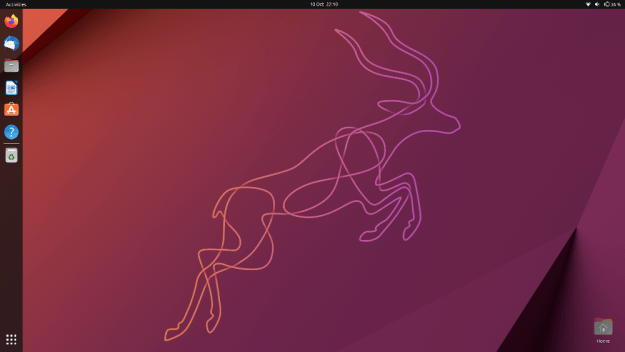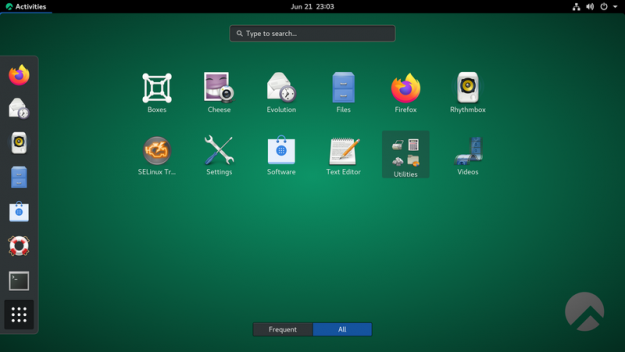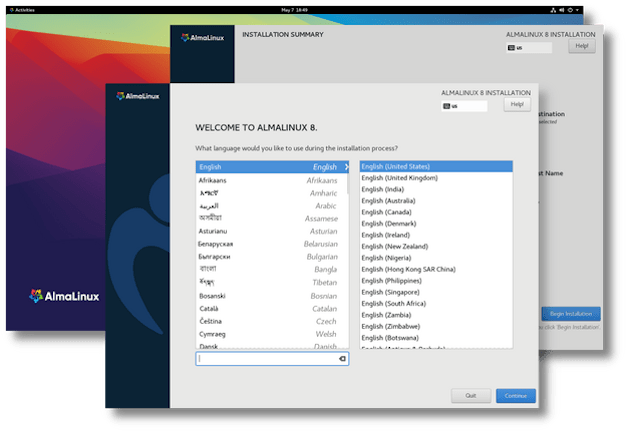Although Ubuntu 22.10, "Kinetic Kudu," is an interim release that will only be supported for nine months, it includes enough new features to perhaps cause some to drop the LTS they're using long enough to at least give it a try.
Posts published in “Distros”
Rocky Linux, a Linux distribution intended to be a drop in replacement for Red Hat Enterprise Linux, has released version 8.6, which puts it on par with the latest and greatest from Red Hat.
The 48 hour turnaround is looking like the norm for AlmaLinux, a feature-by-feature clone of Red Hat Enterprise Linux.
Friday's beta release of AlmaLinux 8.6 means the project is currently actively working on two separate versions of its RHEL clone.
The Founder and CEO of Canonical, the company behind the popular Linux Distribution Ubuntu, indicated on Thursday that the company will probably have its IPO sometime in 2023.
With the stable version of RHEL 9 expected to be released in May, AlmaLinux pushes its beta of version 9 out of the door and says it's looking for testers.
Linux Mint has released the beta version of an upgrade tool that allows a one-click move from LMDE 4 to LMDE 5.
With three full time employees and a robust community, Elementary OS went into this year as a Linux project that seemed to be on easy street. Today, it’s down to one employee, it’s funds are dwindling rapidly, but it still has an enthusiastic community and a determined leader with a particularly open source vision.
As AlmaLinux and Rocky Linux vie for dominance in the free RHEL replacement space that was abandoned by CentOS Linux, Alma appears to be making deeper inroads on several fronts.
No matter how you Fedora, you might want to check out the release party that the folks behind Red Hat's community distribution have planned.







